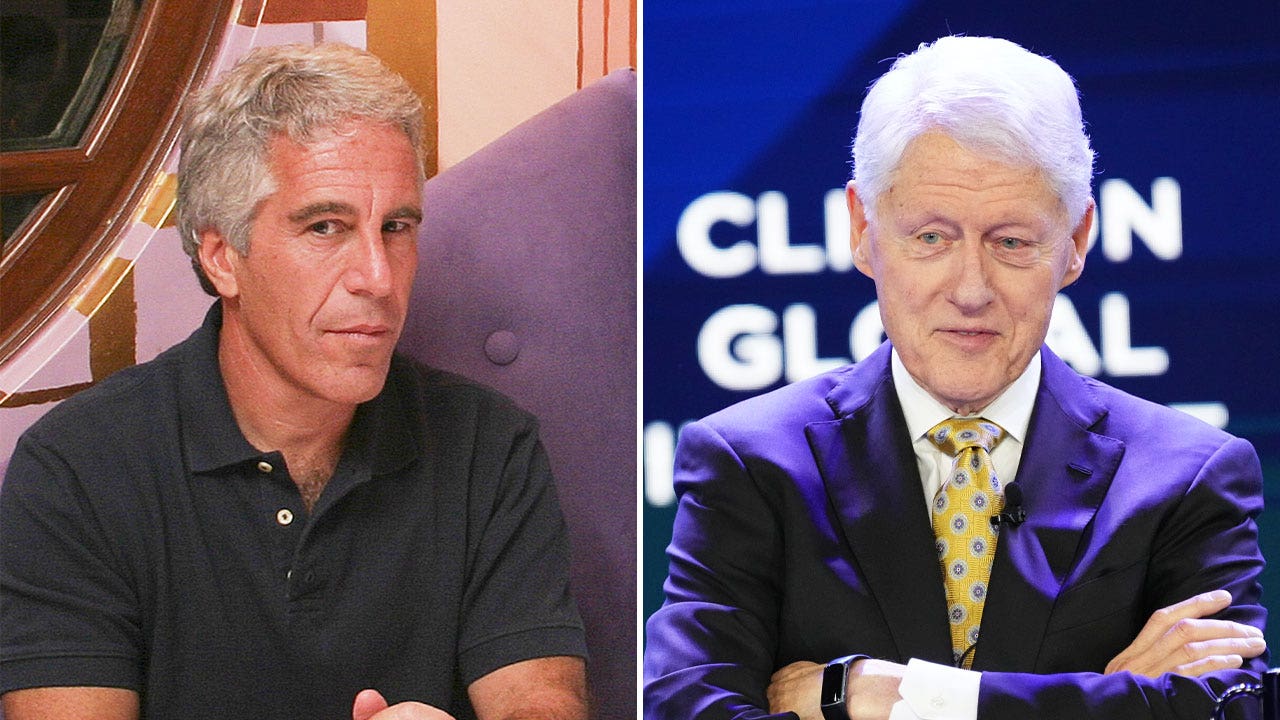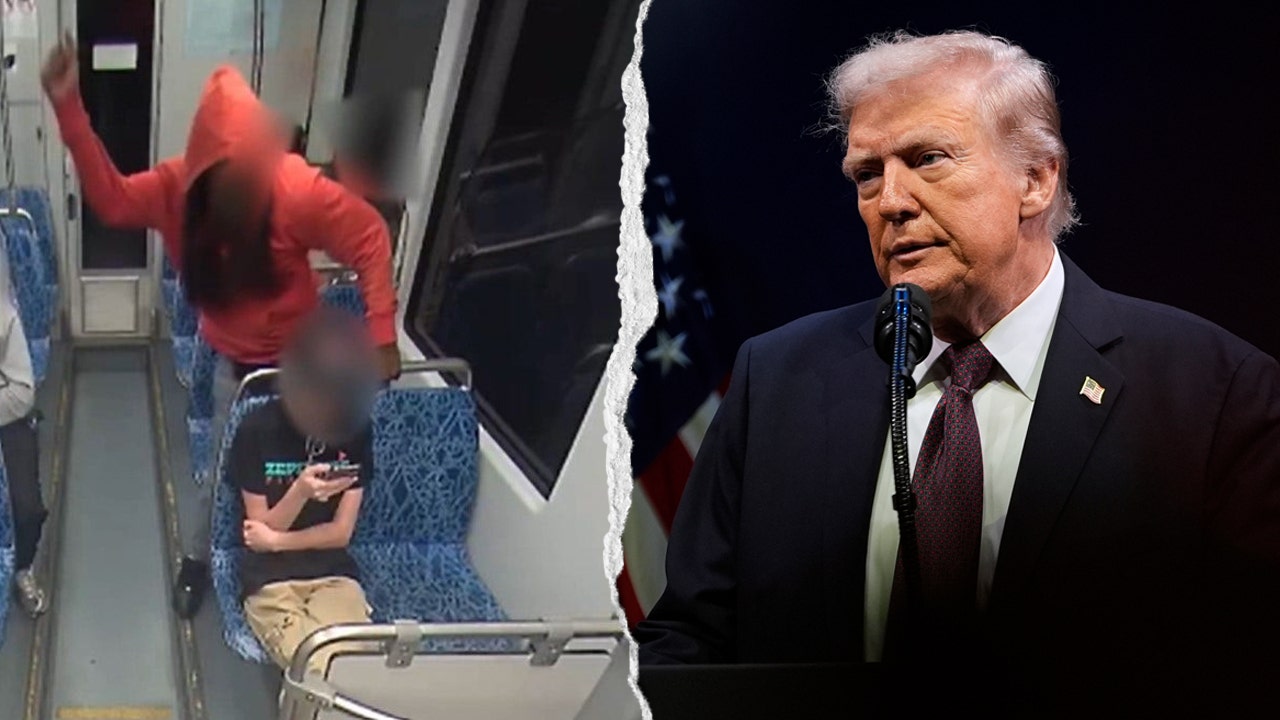State lawmaker has House chamber ban revoked after viral scuffle left him hospitalized

Georgia State Senator Colton Moore has had his ban from entering the state House chamber revoked following a dramatic incident on Thursday that left him hospitalized. Moore, a staunch supporter of President-elect Trump, was involved in a heated altercation at the entrance to the House chamber where officials denied him entry to attend Gov. Brian Kemp’s State of the State Address.
During the confrontation, Moore was pushed to the floor by Keith Williams, a lawyer for House Speaker Jon Burns’ office, who was enforcing the ban placed on Moore by the speaker. Moore had been banned after criticizing the state Senate’s decision to consider naming a building at the University of North Georgia after former House Speaker David Ralston. The incident escalated when Moore attempted to force his way past House staffers, leading to his arrest by state troopers.
Following the incident, Moore was hospitalized and shared a video from his hospital bed, showing injuries sustained during the altercation. Despite the ordeal, Moore remained defiant, emphasizing his commitment to fulfilling his constitutional duties as a state senator. He expressed gratitude for the support he received and vowed to continue working for the people he represents.
House Speaker Jon Burns initially condemned Moore’s actions, describing the incident as “incredibly unfortunate” and emphasizing the importance of upholding the integrity and decorum of the legislative body. However, in a surprising turn of events, Burns decided to lift the ban on Moore after receiving support from state Senate and Republican Party leaders.
The lifting of the ban came amidst a backdrop of political tensions between Moore and his Republican colleagues. Moore had previously clashed with the Georgia Senate Caucus over his proposal to impeach Fulton County District Attorney Fani Willis for indicting former President Trump. His controversial actions had led to his suspension from the caucus, highlighting the deep divisions within the Republican Party.
Despite his turbulent relationship with his colleagues, Moore remained steadfast in his beliefs and continued to advocate for his causes, even when faced with opposition. The incident at the House chamber served as a stark reminder of the challenges and conflicts that can arise in the political arena.
As Moore regains access to the House chamber, it remains to be seen how his future interactions with his colleagues will unfold. The lifting of the ban signifies a potential thaw in the strained relations between Moore and the Republican leadership, paving the way for a new chapter in his legislative career.
In conclusion, the incident involving Senator Colton Moore serves as a cautionary tale about the importance of maintaining civility and respect in the political sphere. While disagreements and disputes are inevitable in any democratic system, it is essential to find common ground and work towards constructive solutions for the betterment of the community. As Moore continues his legislative work, he will undoubtedly face challenges, but his resilience and determination may ultimately shape his legacy in Georgia politics.




